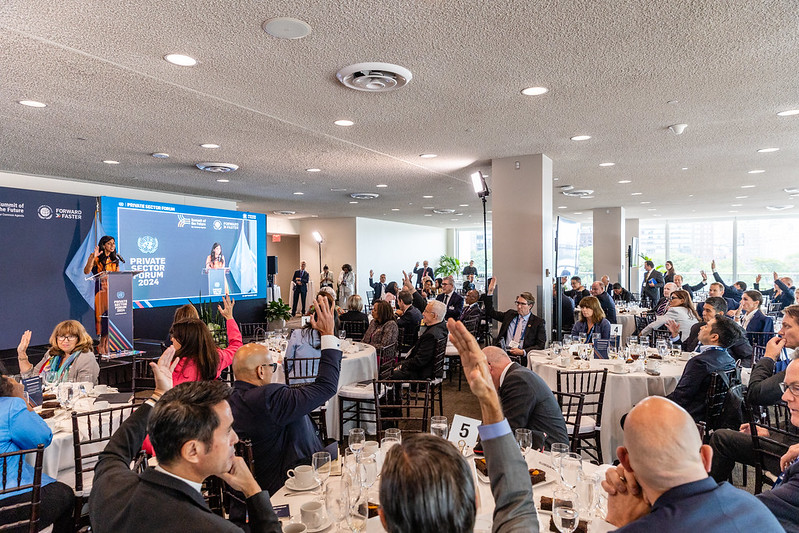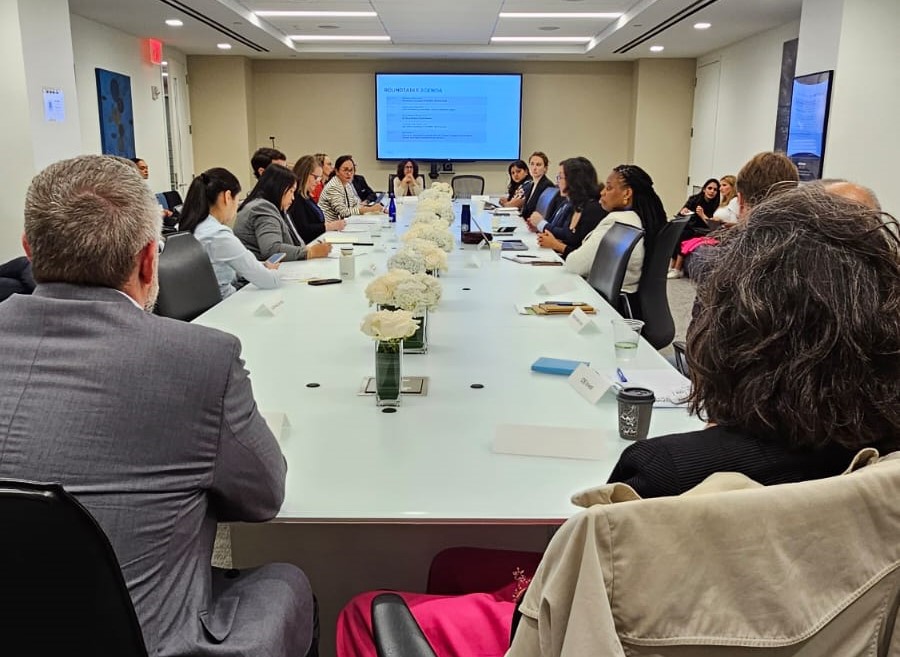The Indonesia Global Compact Network (IGCN) was responsible for organizing a crucial Workshop on Anti-Corruption Policy, which emphasized collective action development. This event was conducted in collaboration with the United Nations Office on Drugs and Crime (UNODC) and the Corruption Eradication Commission (KPK). Over two days, specifically on July 30 and 31, 2024, the workshop was held at the Grand Jatra Hotel in Balikpapan, East Kalimantan. Notably, substantial support was provided by key industry associations and the East Kalimantan Provincial Government.
The theme of the workshop focused on the significance of stakeholder synergy in combating corruption within the palm oil industry. Yaya W. Junardy, President of IGCN, emphasized that corruption is a national issue requiring collective action from all parties. He noted that addressing this challenge is essential for economic growth and achieving the Sustainable Development Goals (SDGs). The workshop was viewed as a critical step towards fostering sustainability and promoting a cleaner, more integrated economy in Indonesia’s business sector.
Strengthening Corporate Commitment to Anti-Corruption in Indonesia
In three Indonesian provinces—Southwest Papua, East Kalimantan, and South Sumatra—IGCN found that less than a quarter of companies have anti-corruption policies. In contrast, more than a third of these companies lack any such policies. Therefore, organizers planned this workshop anti-corruption event to strengthen corporate associations’ commitment to ethical business practices and integrity.
Consequently, sectors will not only increase their commitment to anti-corruption but also enhance collaborative efforts to implement these policies. “We show that this commitment is upheld, creating opportunities for businesses to adopt anti-corruption stances,” said Erik Van Der Veen.
Moreover, companies play a significant role in anti-corruption efforts, especially in Indonesia. In the context of the recent workshop anti-corruption, the country is one of the world’s largest palm oil producers, with 2,294 registered companies. “By implementing channels and cooperating with stakeholders, we can effectively communicate reports on corruption. Thus, eradicating corruption in companies requires community action supported by government resources,” said Aminudin, Director of KPK’s Corruption Eradication.
Additionally, fostering partnerships between public and private sectors will strengthen these initiatives and promote sustainable practices in the industry.
The Role of Companies in Combating Corruption in Indonesia’s Palm Oil Sector
ompanies play a significant role in anti-corruption, especially in Indonesia, which is one of the world’s largest palm oil producers, with 2,294 registered companies. “Implementing channels and cooperating with stakeholders can help report problems or information about corruption in the neighborhood. Furthermore, eradicating corruption in companies requires community action, and it must receive support from facilities provided by the government,” said Aminudin, Director of KPK’s Corruption Eradication.
Ultimately, this collaborative approach will enhance efforts to foster a transparent and ethical business environment.
Community action stems from individuals who have the responsibility to act against corruption. “Indeed, every person in society must recognize the importance of maintaining high integrity and morals. Moreover, this awareness is essential, as contact channels and services become accessible to the community when they encounter corruption around them,” said Satya Pambudi, Inspectorate of East Kalimantan Province.
By taking these steps, individuals can contribute significantly to the fight against corruption and promote a culture of accountability.
This workshop featured several experts, including Ferdian Yazid from Transparency International Indonesia and Lakso Anindito from the Basel Institute. Additionally, Florian Lair from UNODC and Dr. Randy H. Teguh, MM, Chairman of HIPELKI, contributed their insights. Erry Riyana Hardjapamekas, Chairman of KAKI, also participated. Other speakers included Risna Puspita Dewi, S.STP, the First Expert Auditor, and Pusfita Mawardyani, Junior Auditor from East Kalimantan’s Inspectorate.
Commitment to Collective Action Against Corruption
Participants signed the “Joint Commitment for Collective Action Against Corruption,” led by Erry Riyana Hardjapamekas, Chairman of KAKI. This signing symbolizes their commitment to actively support collective action aimed at eradicating corruption across various sectors. The joint commitment supports companies through three forms of corruption eradication efforts: 1) Prevention, 2) Repression, and 3) Community participation.
Slamet Brotosiswoyo, Chairman of APINDO will convey the results of this joint commitment to the East Kalimantan government. “We will convey the results of this meeting to the government and the acting governor. If necessary, we will hold a dialog with the government to support a corruption-free Indonesia,” said the association.”
Synergy for a Cleaner Business Environment
This workshop aims to foster synergy between the public and private sectors for a cleaner business environment. It hopes to support integrity in the palm oil industry. This collaboration will contribute to sustainable development goals, ensuring the sector operates transparently and ethically.





